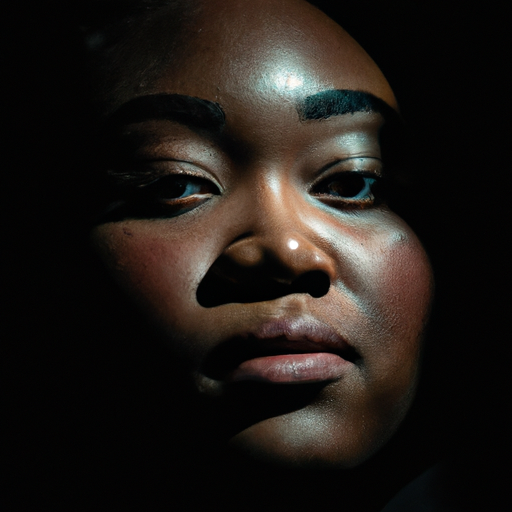As a dermatologist, I am often asked about the best ways to achieve clear, acne-free skin. Acne is a common skin condition that affects people of all ages, but it is particularly prevalent among teenagers and young adults. It is characterized by the appearance of blemishes, such as pimples, blackheads, and whiteheads, on the skin. While acne is not life-threatening, it can cause significant emotional distress and can lead to scarring if not properly managed. Here are six essential tips to help you banish blemishes and achieve acne-free skin.
1. Maintain a Regular Skincare Routine: Consistency is key when it comes to skincare. Establish a daily routine that includes cleansing, toning, and moisturizing. Use a gentle cleanser to remove dirt and excess oil without stripping your skin of its natural oils. Follow up with a toner to balance your skin’s pH levels and a moisturizer to keep your skin hydrated.
2. Choose Non-Comedogenic Products: Comedogenic products contain ingredients that can clog pores, leading to breakouts. When selecting skincare products, look for those labeled as ‘non-comedogenic’. These products are specifically formulated to not block pores, reducing the likelihood of acne development.
3. Eat a Balanced Diet: What you eat can significantly impact your skin’s health. A diet high in processed foods, sugars, and unhealthy fats can trigger inflammation and cause acne flare-ups. On the other hand, a balanced diet rich in fruits, vegetables, lean proteins, and whole grains can promote healthy skin.
4. Stay Hydrated: Drinking plenty of water helps flush toxins out of your body and keeps your skin hydrated from the inside out. Dehydrated skin can produce more oil than necessary, which can lead to clogged pores and acne.
5. Limit Sun Exposure: While a small amount of sun exposure can be beneficial for your skin, too much can cause damage and exacerbate acne. Ultraviolet (UV) rays can increase inflammation and redness and can also cause post-inflammatory hyperpigmentation (dark discoloration). Always apply a broad-spectrum sunscreen with an SPF of at least 30 when going outdoors, even on cloudy days.
6. Consult a Dermatologist: If you’ve tried various over-the-counter products and lifestyle changes but still struggle with acne, it may be time to consult a dermatologist. As skin experts, we can assess your skin condition, determine the underlying causes of your acne, and provide personalized treatment plans. This may include prescription medications, in-office procedures, or a combination of both.
Remember, achieving acne-free skin does not happen overnight. It requires patience, consistency, and sometimes professional help. Don’t be disheartened if you don’t see immediate results; skincare is a journey, not a destination. The key is to understand your skin type, identify triggers, and adopt a skincare routine that works best for you.
Lastly, it’s important to note that having acne does not define your beauty. We all have unique skin concerns and challenges. Embrace your journey to healthier skin, but remember that your worth is not determined by your complexion. With the right care and treatment, you can manage acne effectively and achieve healthier, clearer skin.



